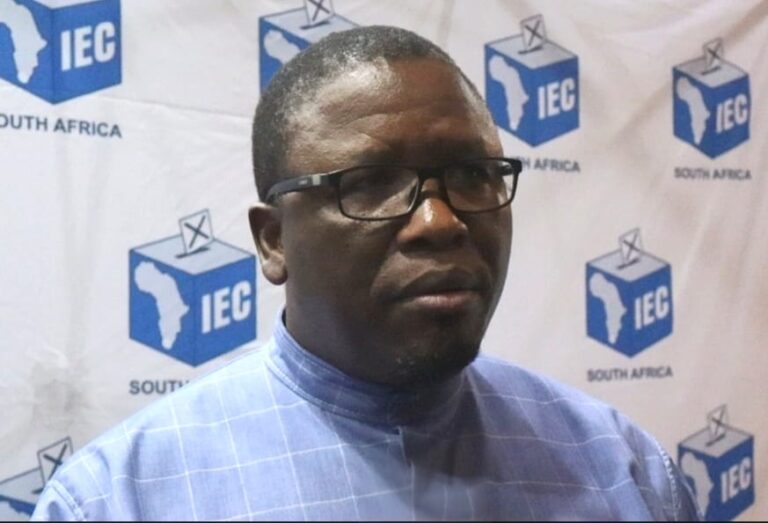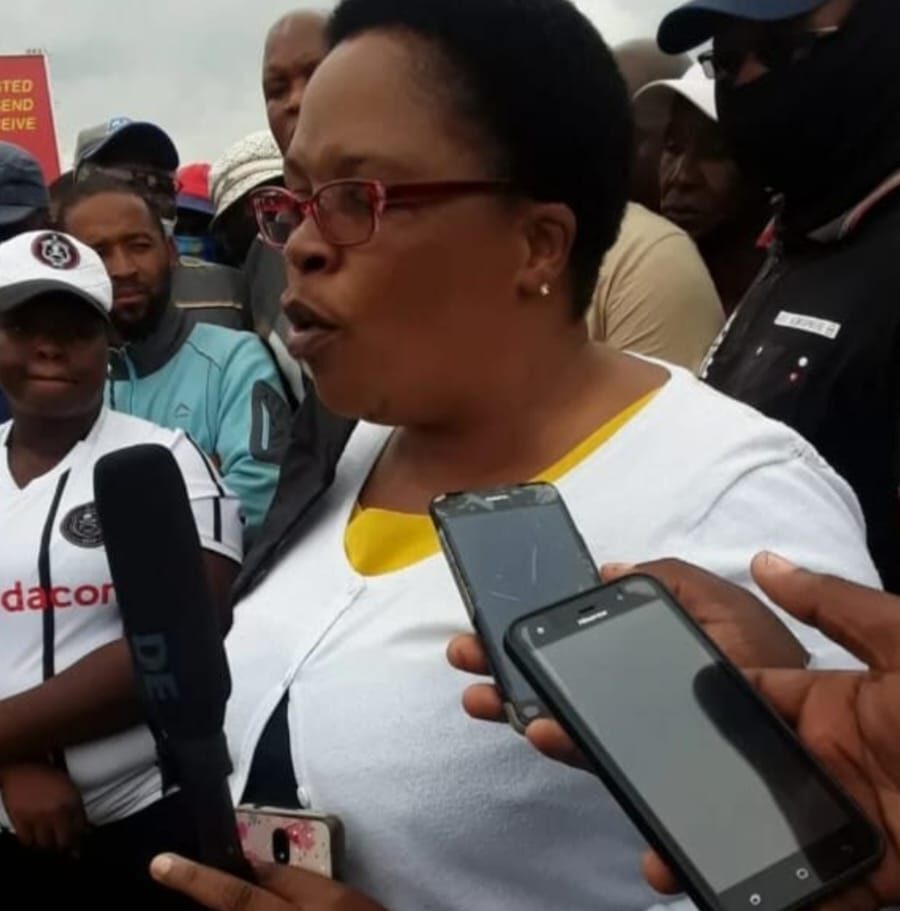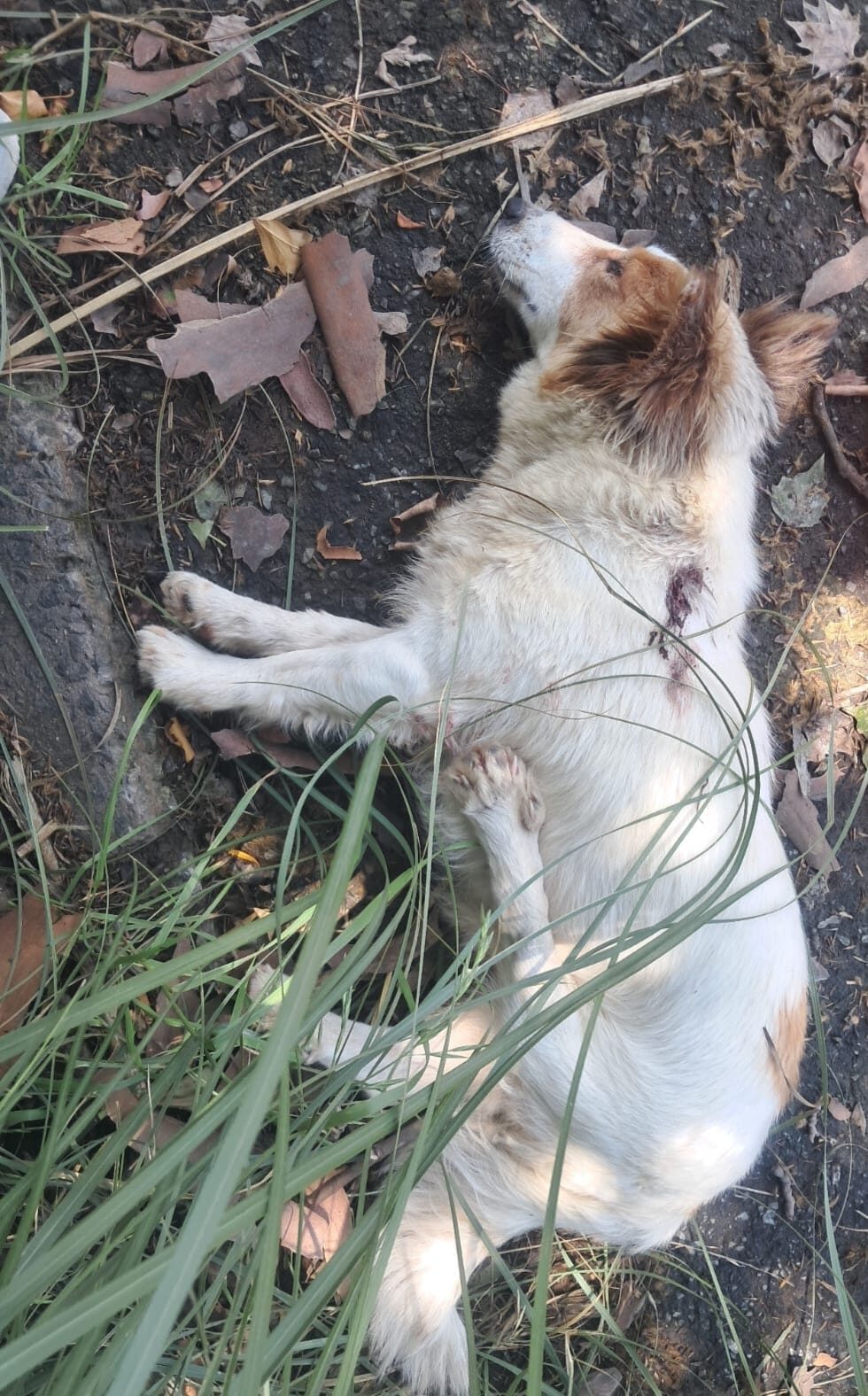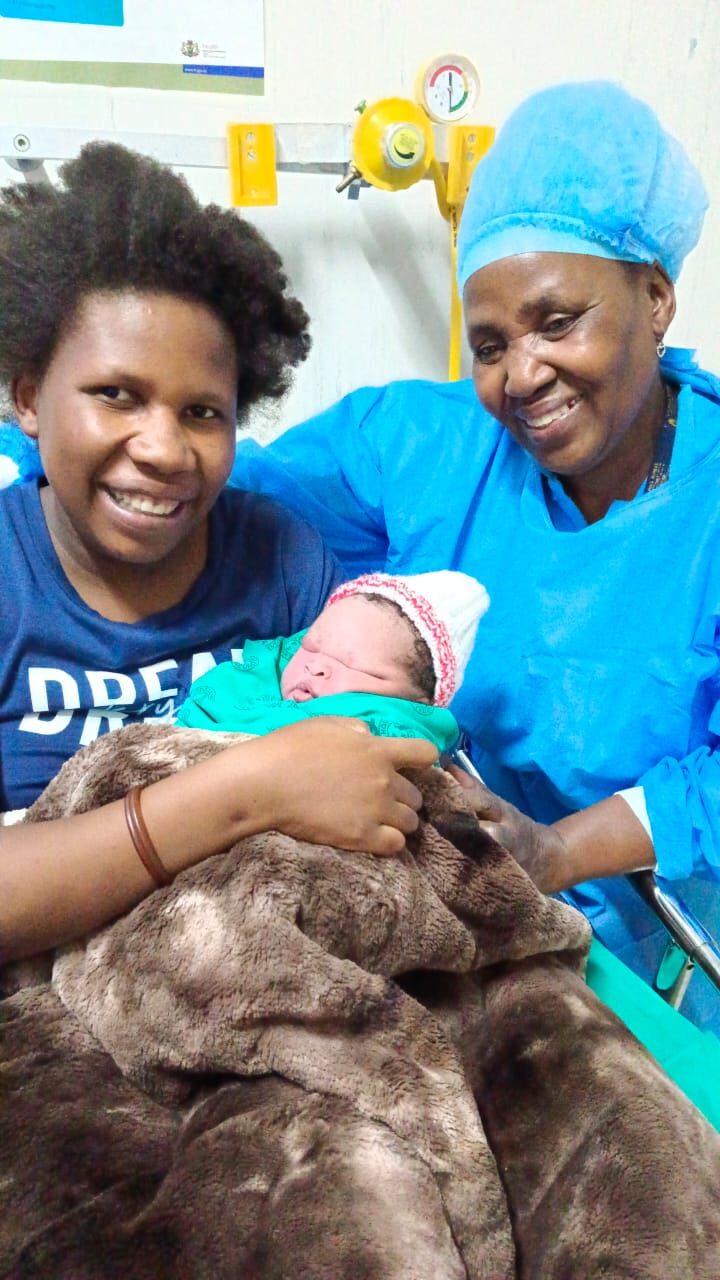By Emily Setona
QWAQWA – The South African Union Council of Independent Churches (SAUCIC) has sounded the alarm over what it calls a “national crisis” of sexual misconduct by teachers, warning that trust between schools and communities is being shattered.
In a statement issued on 9 September, SAUCIC President, Cardinal Archbishop Dr Modiri Patrick Shole, said recent statistics from the Education Labour Relations Council (ELRC) point to an education sector “under siege from within.”
KwaZulu-Natal recorded the highest number of reported incidents in the 2024/2025 financial year, with 114 cases of teacher misconduct. Forty educators were found guilty, most dismissed from their posts.
“These alarming figures show the extent of moral decay,” Shole said.
“They suggest that the abuse of vulnerable girl children within the school system is committed with impunity. This is why teenage pregnancies, the sugar-daddy syndrome, and unacceptable child grooming are on the rise.”
Shole urged education authorities, school governing bodies and policymakers to act swiftly and decisively. Central to his recommendations is the urgent updating of the National Sexual Offences Register to ensure that dismissed teachers are permanently barred from classrooms and early childhood centres.
“Proper vetting processes must be in place to safeguard learners against sexual predators whose unprofessional conduct undermines the loco parentis principle,” he said. “The South African Council of Educators (SACE) Code of Professional Ethics requires teachers to protect, not prey on, learners entrusted to their care.”
Beyond disciplinary hearings, SAUCIC has called for a nationwide rights awareness drive to empower survivors of abuse to come forward and access counselling and psychosocial support. “Learners who have endured trauma at the hands of teachers must find both closure and justice,” Shole said.
The church body also appealed to faith communities to become active partners in restoring values within schools. It said churches should work hand-in-hand with educators to roll out programmes that promote ethical leadership and moral responsibility.
Shole noted that the ongoing National Dialogue process offers a platform for business, labour, academia, traditional leaders, youth structures and civil society to join forces in confronting what he called “a cancer eating away at the future of children.”
The Archbishop’s concerns are reinforced by troubling local statistics. In the Free State, 12 cases of sexual misconduct involving educators were recorded in 2024/2025, contributing to the national tally of 114. While KwaZulu-Natal had the highest number with 25 cases, the Free State’s figures demonstrate that no province is untouched.
Meanwhile, teenage pregnancies remain a pressing challenge. In Thabo Mofutsanyana District alone, over 2,000 pregnancies were recorded among learners aged 15–18 in 2023. Maluti-a-Phofung accounted for more than 770 of those cases, followed by Dihlabeng with nearly 500.
Nationally, school dropout statistics further underscore the scale of the crisis. According to Statistics South Africa, by age 17 nearly 9% of learners have already left school, and by age 19 almost half are no longer enrolled. Teenage pregnancy and family responsibilities remain among the leading causes for girls abandoning their education.
“Taken together, educator misconduct, rising pregnancies and high dropout rates paint a devastating picture,” Shole warned. “If left unaddressed, this crisis threatens to rob an entire generation of its future.”
The SAUCIC President stressed that the issue goes beyond schools. “This is not just an education problem; it is a societal crisis,” he said. “Unless all sectors of society confront it head-on, we risk losing the credibility of education as a safe and nurturing space for children.”
SAUCIC’s statement closes with a call for urgent collaboration across all levels of society to reclaim schools as places of learning, safety and hope.



















